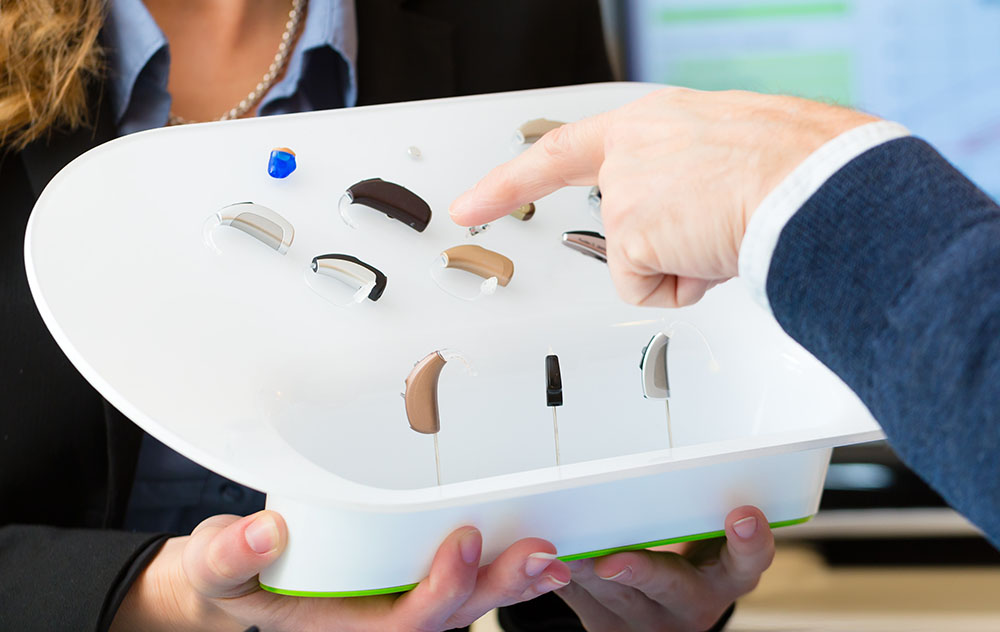What Should You Know Before Buying Hearing Aids?
Millions of adults have age-related hearing loss, and although there is


Millions of adults have age-related hearing loss, and although there is

When living with hearing impairment and looking for a technical experience

It’s a common question, both for people new to the experience of